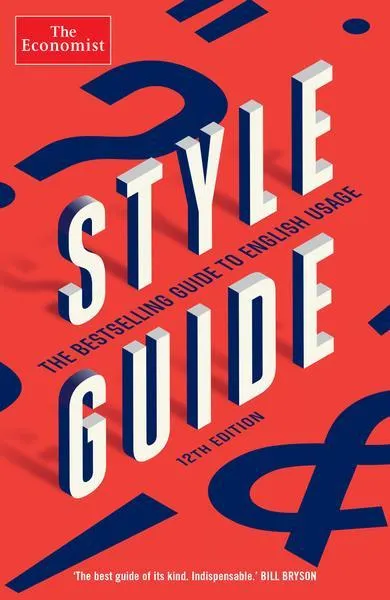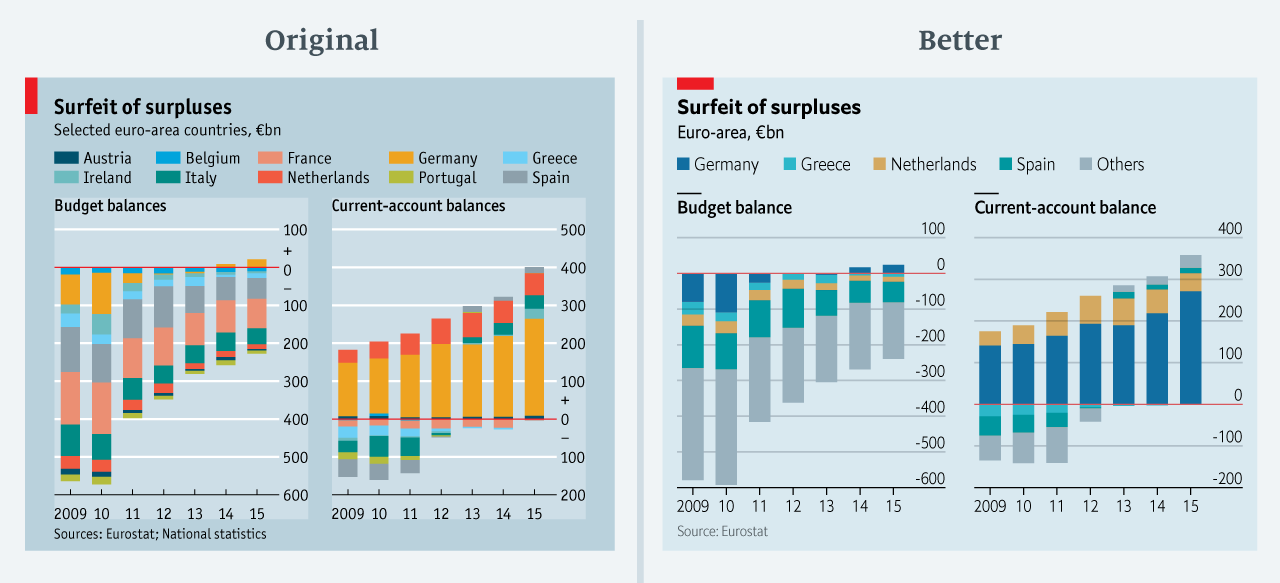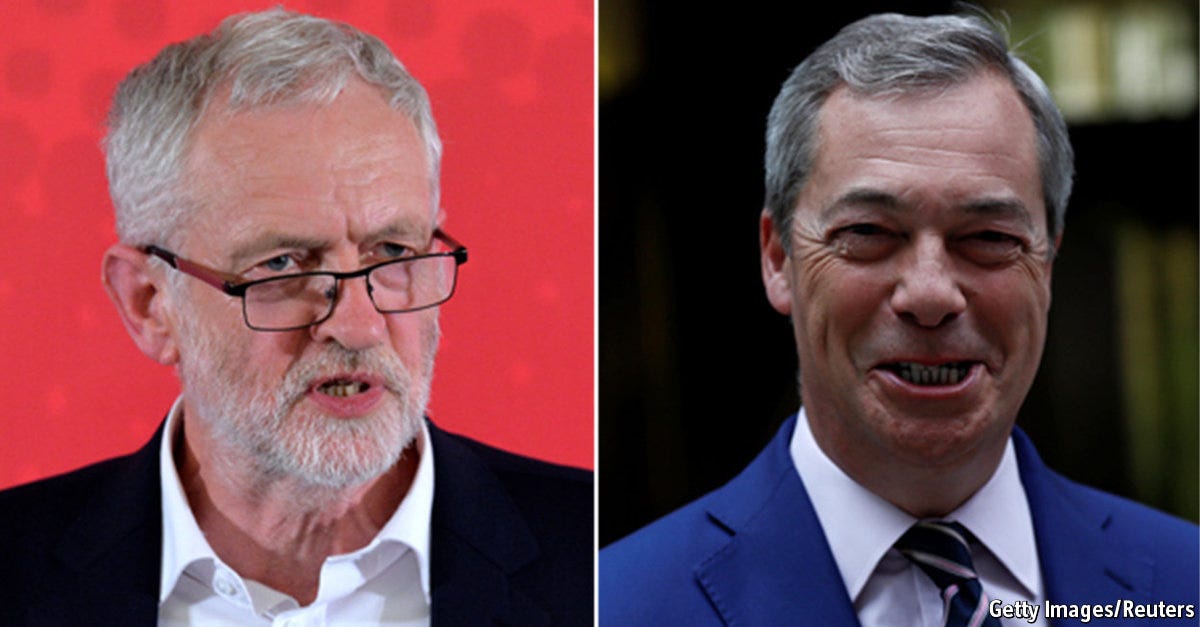Why keeping The Economist’s style guide up to date is a battle
The editor of our style guide on new rules, older folk and the plurality of data

The Economist prides itself on its style: clear, succinct, logical, with only a measured amount of colour, texture and quotations. Or so we hope. In reality, to achieve that means a constant battle on many, many fronts. I should know, as for my sins (rather than my skills, I’m sure!) I’ve been in charge of guarding and updating the newspaper’s style for the past ten years. Colleagues run to me every day for rulings, and new rulings are jotted in an old, paper version of the style book, before being transferred to our in-house digital version, which we plan to update every six months or so.
I seem to be like the little Dutch boy in the story, who saved his town from destruction by plugging a flood-wall with his finger
I say “battle on many fronts”, but it is really one enormous front, which is that language is not a dead thing. We can’t hold it still, mount it in a glass case, and issue rules that it may not be touched. It changes constantly. Different colours, influences and events come to bear on it. New technologies — especially digital ones — throw up new terms all the time. Younger people, who use language in new ways, are joining the paper all the time. What seems barbarous to us older folk seems normal and correct to them, and our rules often seem arcane and arbitrary — just as we mock the pompous circumlocutions of the editorial-writers in Victorian times. We have many Americans on the staff; their usage is correct, from their point of view. Why should they change? When I picture my job, I seem to be like the little Dutch boy in the story, who saved his town from destruction by plugging a flood-wall with his finger.
And there has to be a little Dutch boy in the picture, because our style has to be consistent all through the paper. Believe it or not, readers notice if we make “data” singular in one place and plural in another. (Memo: it’s plural, no matter what the BBC says!) And they get annoyed. Some even plague us. They regard us as custodians of good usage, and although that’s flattering, it’s yet another burden in these endlessly shifting times. Readers also feel (and here they are quite right) that our punctiliousness about grammar makes us distinctive and endows us with our voice.
So when we insist on “armed forces” rather than “military” (which is an adjective, not a noun); or “get access to” rather than “access” (which is a noun, not a verb); and ban “atop”, “trialing”, “returnee” and “overly” on grounds of sheer ugliness, that is The Economist speaking. And if we sometimes sound oddly and defiantly English (“railway station”, not “train station”; “waistcoat”, not “vest”; “lavatory”, not “bathroom”), that is because the beating heart of our global enterprise remains in the centre of London.
Ann Wroe is The Economist’s obituaries editor, and edits the paper’s style guide. The 12th edition of The Economist Style Guide can be bought as a paperback or e-book from The Economist shop.









